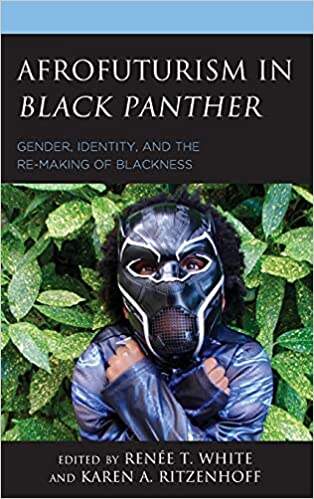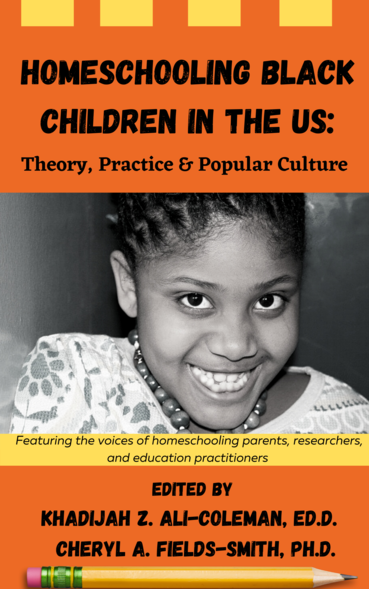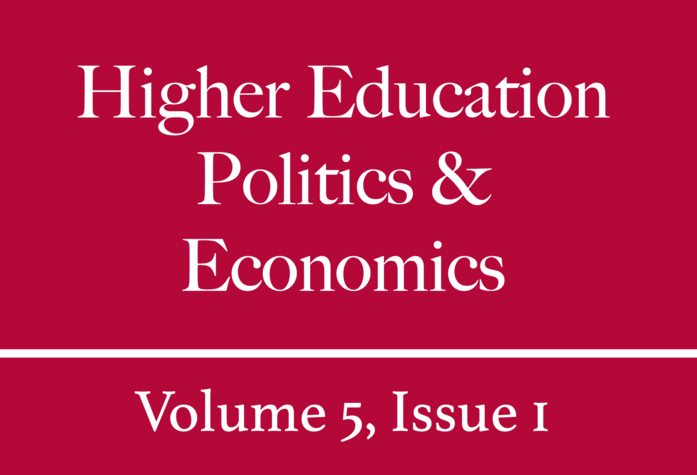SCHOLARLY WORK


(CHAPTER IN THE BOOK: Afrofuturism in Black Panther: Gender, Identity, and the Re-Making of Blackness, 2021)
edited by Renee T. White and Karen A. Ritzenhoff
BUY BOOK here
ABSTRACT
edited by Khadijah Ali-Coleman and Cheryl Fields-Smith
BUY BOOK here
ABSTRACT
Homeschooling Black Children in the US: Theory, Practice and Popular Culture honestly presents how systemic racism and other factors influence the decision of Black families to homeschool. In addition, the book chapters illustrate in different ways how self-determination manifests within the homeschooling practice. Researchers Khadijah Ali-Coleman and Cheryl Fields-Smith have edited a compilation of work that explores the varied experiences of parents homeschooling Black children before, during and after COVID-19. From veteran homeschooling parents sharing their practice to researchers reporting their data collected pre-COVID, this anthology of work presents an overview that gives substantive insight into what the practice of homeschooling looks like for many Black families in the United States.

(ProQuest, 2020)
by Khadijah Ali-Coleman, Ed.D.
Read here
ABSTRACT
CITATIONS:
MLA: Ali-Coleman, Khadijah Zakia. Dual Enrolled African American Homeschooled Students’ Perceptions of Preparedness for Community College. Diss. Morgan State University, 2020.
APA: Ali-Coleman, K. Z. (2020). Dual Enrolled African American Homeschooled Students’ Perceptions of Preparedness for Community College (Doctoral dissertation, Morgan State University).
CHICAGO: Ali-Coleman, Khadijah Zakia. "Dual Enrolled African American Homeschooled Students’ Perceptions of Preparedness for Community College." PhD diss., Morgan State University, 2020.
HARVARD: Ali-Coleman, K.Z., 2020. Dual Enrolled African American Homeschooled Students’ Perceptions of Preparedness for Community College (Doctoral dissertation, Morgan State University).
(Higher Education Politics & Economics, 2019)
by Khadijah Ali-Coleman, Ed.D.
Read here
ABSTRACT
Community colleges in the United States have historically held a unique position within the system of higher education because of three characteristics. These characteristics include their doctrine of open access, their consistent affordability in comparison to other higher education options, and courses that are directly applicable to the workforce. However, over the years, contradictions have arisen that compromise the practice of these ideals. Focusing on three policy priorities, this analysis determines how effective community colleges are today in offering students an education that is accessible, applicable to the labor market, and affordable. The concluding points include predictions of what the future of community colleges looks like within the next twenty years.
